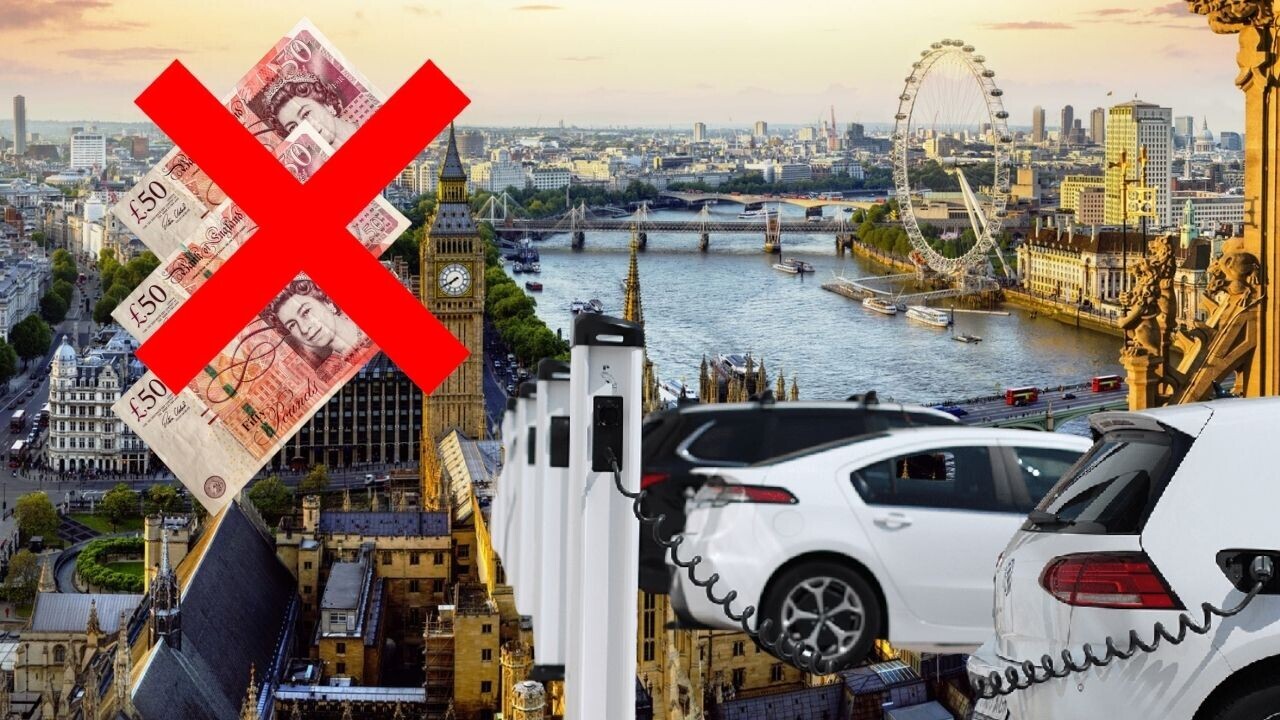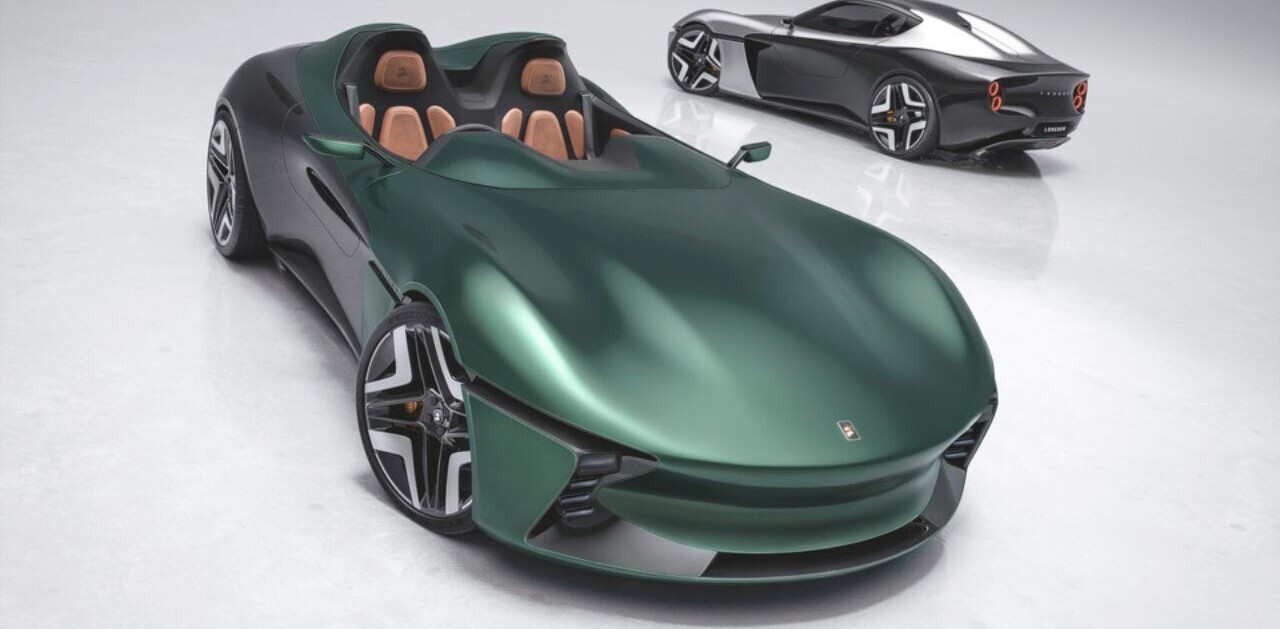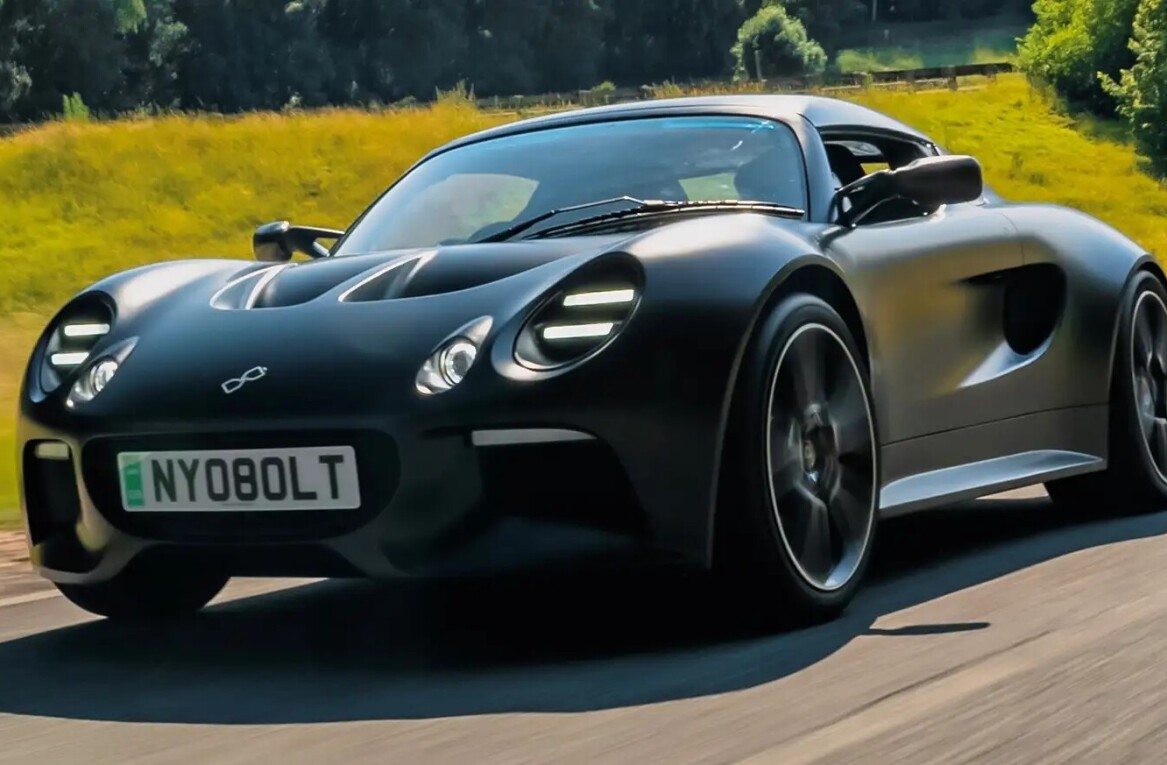
In March, the UK government cut its electric vehicle grant for the fourth time in ten years. Specifically, it reduced the subsidy by $700 (£500) to $3,480 (£2,500), and capped price eligibility at $49,000 (£35,000) from $68,000 (£50,000).
On Monday, during an interview with Autocar, Transport Decarbonization Minister Rachel Maclean defended the government’s decision and hinted that the “Plug-in Grant” might be disposed of altogether.
Supporting the cut
She explained that the reduced EV grant is now targeting “lower-priced vehicles” because “that’s where people are less likely to be able to fund the cost out of their own pocket entirely.”
Well, that’s not really unfair, given that the cut is mainly going to affect people who already have quite a bit of money to spend on a car. And there are still 27 eligible electric models, such as the more affordable Renault Zoe, and even the BMW i3 series.
Recalling the grant
Regarding the grant’s potential slash, Maclean told Autocar that “it’s right to keep on looking at that [the future of the scheme], because ultimately we need to make sure we’re not using government money to help people buy cars who could have afforded them anyway.”
“One of our concerns is to make this an equitable transition for everyone, and of course at the moment electric cars are a bit more expensive — although if you factor in the overall cost of ownership, they will be on a parity soon.”
Interestingly, the intention to recall the grant had been already announced in the government’s Road to Zero plan, back in 2018.
As the EV market becomes better established and more competitive, the need for direct government financial support will decrease.
We therefore expect to deliver a managed exit from the grant in due course and to continue to support the uptake of ultra low emission vehicles through other measures.
Implementing other measures
In the interview, Maclean also suggested that hydrogen and synthetic e-fuels will also play a role in decarbonizing transport, but this will not include passenger cars.
Instead, the focus will be on heavy goods vehicles (HGVs), airplanes, and ships.
As a matter of fact, these statements seem to correspond with the government’s “greenprint” to decarbonize all modes of domestic transport by 2050, published just a week ago.
What to keep in mind
As EVs become the norm, we shouldn’t be too surprised by the potential removal of subsidies. After all, such incentives were designed to encourage people to make the switch from combustion to electricity by trying to balance the price disparity between the two types of vehicles.
This means that we can eventually expect governments around the world to lift their EV grants and to even impose other related taxes, as fuel duty will gradually disappear and they’ll have to fill the financial gap.
But seeing that EVs aren’t the norm yet, and it’ll be some more years before they’re dominant, withdrawing financial incentives too soon may hinder the sought-after transition.
Do EVs excite your electrons? Do ebikes get your wheels spinning? Do self-driving cars get you all charged up?
Then you need the weekly SHIFT newsletter in your life. Click here to sign up.
Get the TNW newsletter
Get the most important tech news in your inbox each week.




